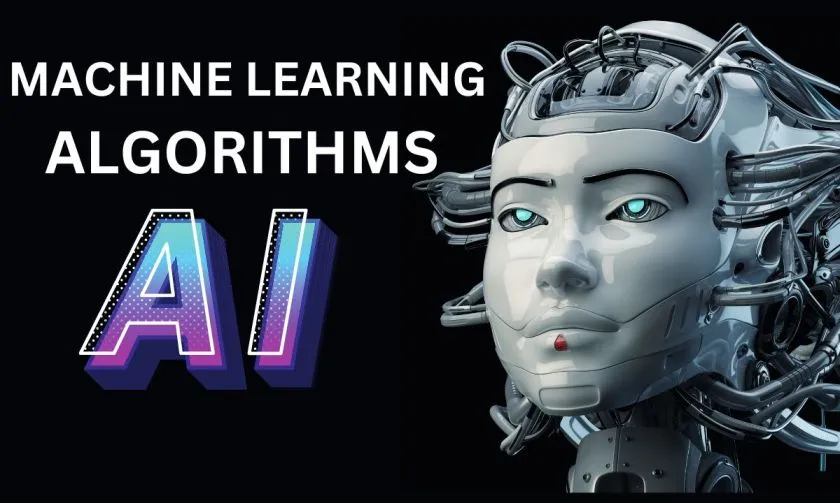Get Ahead With Learning Python: All The Benefits Explained
Introduction to Learning Python So you want to get ahead in the tech world? Well, Learning Python is the perfect idea to start.Python is a powerful programming language that is widely used in many industries today. It’s simple yet versatile, making it a great language for beginners and experts alike. Python is also a popular language for web development, data science, artificial intelligence, and more. In this article, we’ll explore all the benefits of learning Python. We’ll cover why Python is so popular, what types of jobs you can get with Python skills, and more. So read on to learn everything you need to know about getting ahead with Python! What Is Python? Python is a programming language that was created in 1989 by Guido Van Rossum. It is an interpreted, high-level, general-purpose programming language which means it is easy to learn for beginners. In addition to its ease of use, Python also boasts a wide range of libraries and frameworks which makes it a popular choice for web development, scientific computing, data analysis, artificial intelligence, and more. Why Should I Learn Python? So you’re thinking of picking up a new language. Congrats! You’ve made a great decision that will undoubtedly help you in your career. But with so many languages to choose from, it can be tough to decide which one to learn. Python is a great language to learn for a few reasons: it’s easy to pick up, it has a ton of modules and libraries available, and it’s widely used in many industries. Let’s take a closer look at each of these reasons. Python is an easy language to learn. It has a simple syntax and logical structure, which makes it perfect for beginners. Python also has a lot of modules and libraries available, meaning you can do just about anything with Python that you could possibly want to. And finally, Python is widely used in many industries, meaning you’ll be able to use your Python skills in many different settings. What Are the Benefits of Learning Python? Imagine this: you’ve just been hired as a developer at a hot new startup. You’re excited and ready to start making an impact but there’s one problem. The rest of the team is already up to speed on Python, and you’re not. Now, imagine this: you’re the manager of that startup. You want to give your employees the best chance to succeed, so you decide to invest in some Python training for them.In both cases, learning Python could be the best decision you ever make. Here are just a few of the benefits: Python is easy to learn even for beginners Python code is easy to read and maintain Python is used in many industries What Are the Different Applications of Python? You may be wondering what Python can do for you. Well, the answer is plenty! Python can be used for practically any kind of coding project from web development to machine learning and artificial intelligence. Plus, Python’s simple syntax makes it a great choice for beginners who want to jump right in without getting overwhelmed. It’s like a cheat code that allows you to get ahead of the game quickly. But don’t let its simplicity fool you Python is powerful and sophisticated enough to tackle complex problems. Python can give your career or business a major boost so why wait? Get ahead of the competition and start learning Python today! Is It Easy to Learn Python? Often when people hear the word ‘Python’, the first thing that comes to mind is a huge, long, and complicated program code. But thankfully, it’s not nearly as intimidating as it looks! In fact, its syntax is relatively easy and straightforward to learn. It’s true that you will have to put in some effort to really get a grip on the language, but it’s worth it. Learning Python is like eating a lot of small snacks: no matter how much you eat, you still won’t feel full. That being said, even after learning the basics of Python you’ll still be hungry for more knowledge. Where Can I Find Resources to Learn Python? Don’t let this article be the only one you read on the topic, there’s a whole world of python out there if you know where to look. If you’re looking for more resources, don’t worry, we’ve got you covered. There are plenty of online courses, books, podcast episodes and video tutorials available to teach you all things Python-related. From websites like Codecademy and Udacity to digital books from Amazon and podcasts from BBC Radio 4, there’s something for everyone, regardless of your learning style. In addition, there are plenty of Python-related conferences popping up in the U.S., the U.K., India and other countries around the world, often featuring inspiring keynote speakers and breakout sessions for those who want to dive deep into Python coding techniques or related topics. It’s like Google I/O meets PyCon, but with a lot less pretentiousness (and a lot more ice cream!). Conclusion So there you have it, folks! If you’re looking to get ahead in life, there’s no better time to start learning Python. Just remember: with great power comes great responsibility. Don’t abuse your new-found Python knowledge by, say, hacking into the government’s computer systems or something. That would be highly irresponsible.
Get Ahead With Learning Python: All The Benefits Explained Read More »




